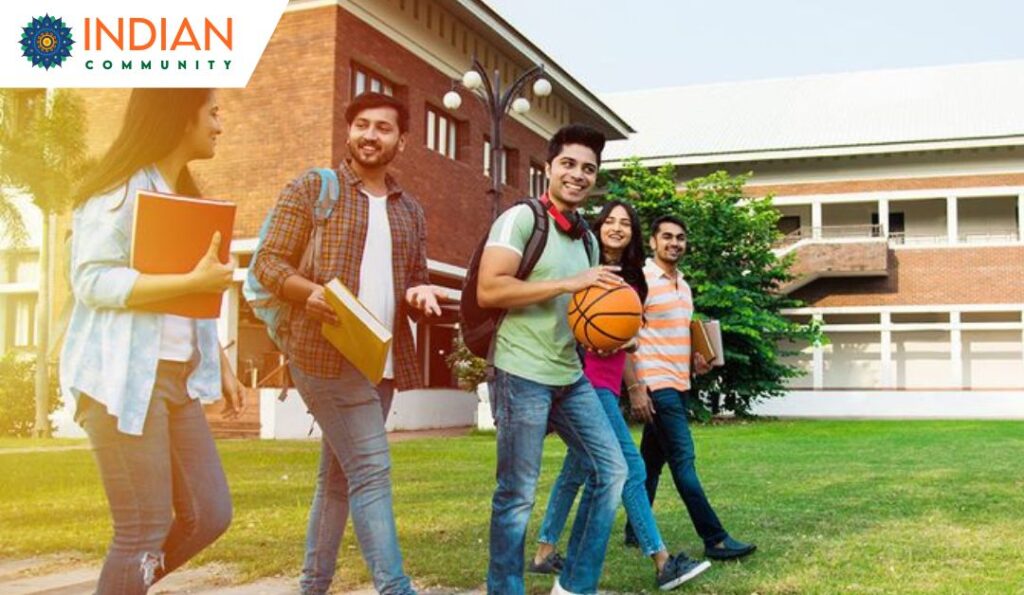Starting from the 2024-25 academic session, universities and higher education institutions in India will be able to admit students twice a year, aligning with international practices, according to University Grants Commission (UGC) Chairman Jagadeesh Kumar.
The new admission cycles will be in July-August and January-February, providing greater flexibility for students. “Biannual admissions will benefit many students who miss the July/August cycle due to various reasons like delayed board results, health issues, or personal circumstances,” Kumar explained on Tuesday. This change aims to keep students motivated by reducing the wait time for university entry.
Currently, Indian higher education institutions only admit students once a year, in July-August. The UGC had initially allowed biannual admissions for Open and Distance Learning (ODL) and Online programs, seeing significant uptake. Encouraged by this success, the UGC has now extended the policy to regular programs.
This policy is optional, enabling institutions with the necessary infrastructure and faculty to increase student intake and launch new programs in emerging fields. The UGC Chairman noted that this move could also enhance campus recruitment opportunities, as industries can now conduct recruitment drives twice a year.
Moreover, the biannual system is expected to streamline resource distribution within universities, improving the management of faculty, labs, classrooms, and support services. It also opens doors for increased international collaborations and student exchanges, boosting India’s global educational competitiveness.
Aligning with the National Education Policy (NEP) 2020, this initiative aims to raise the Gross Enrolment Ratio and position India as a ‘Global Study Destination.’ Institutions adopting this system will need to adjust their administrative processes and ensure seamless support for students entering at different times of the year.
“HEIs can maximize the benefits of biannual admissions by adequately preparing their faculty, staff, and students for this transition,” Kumar concluded.

